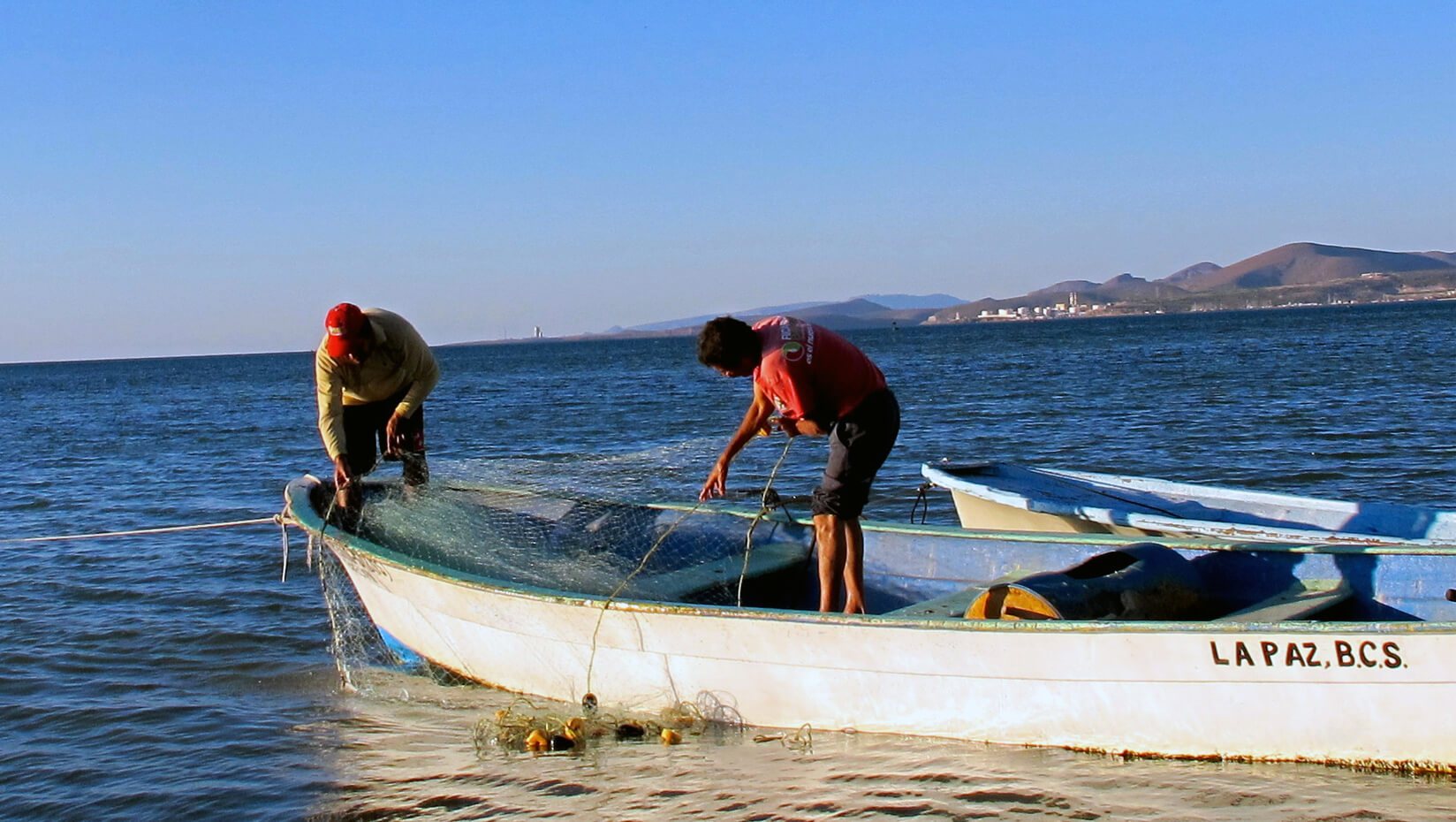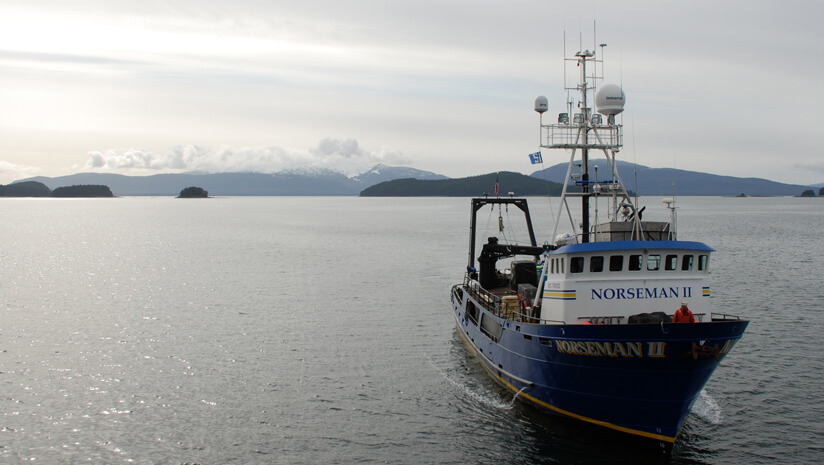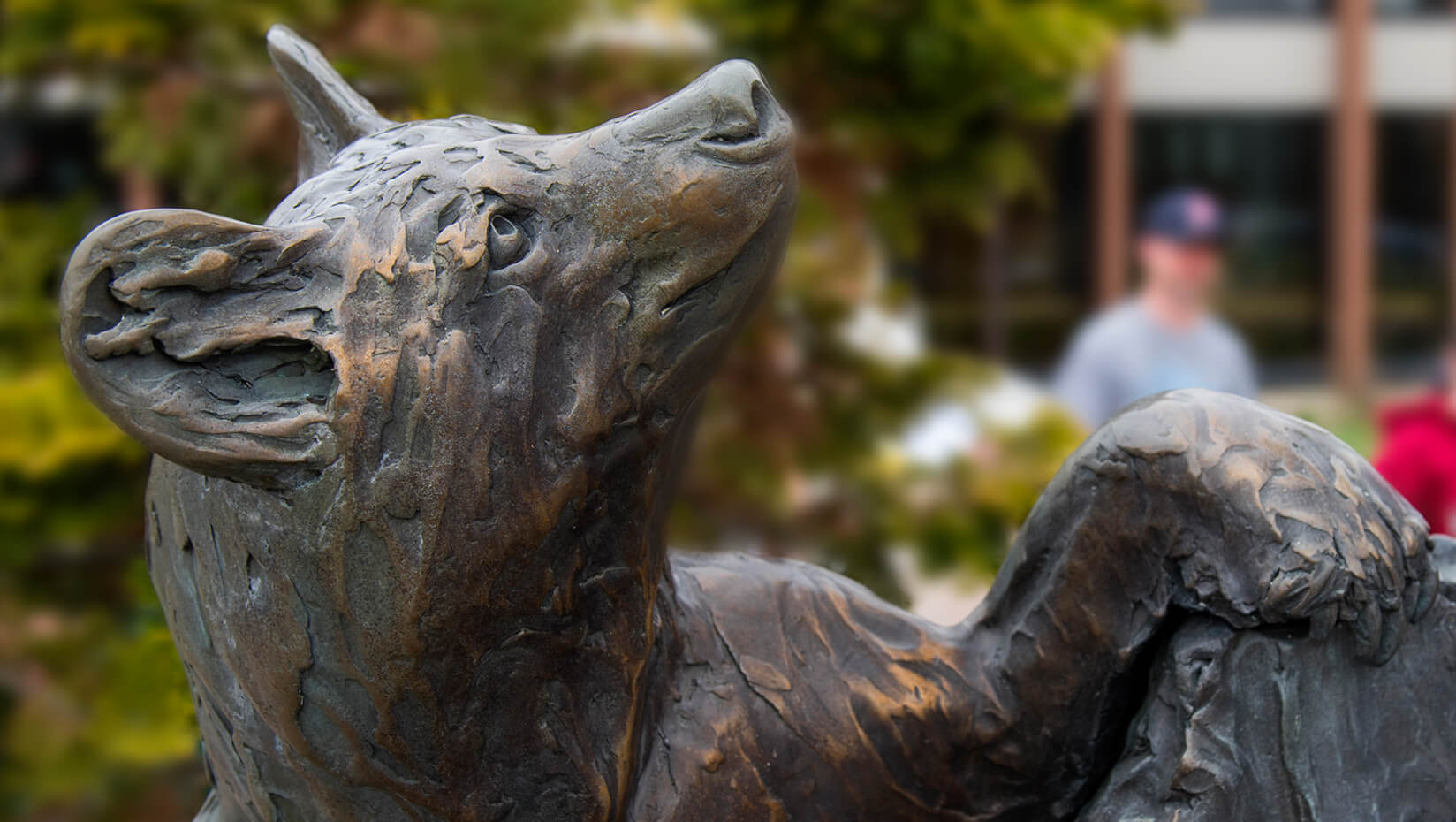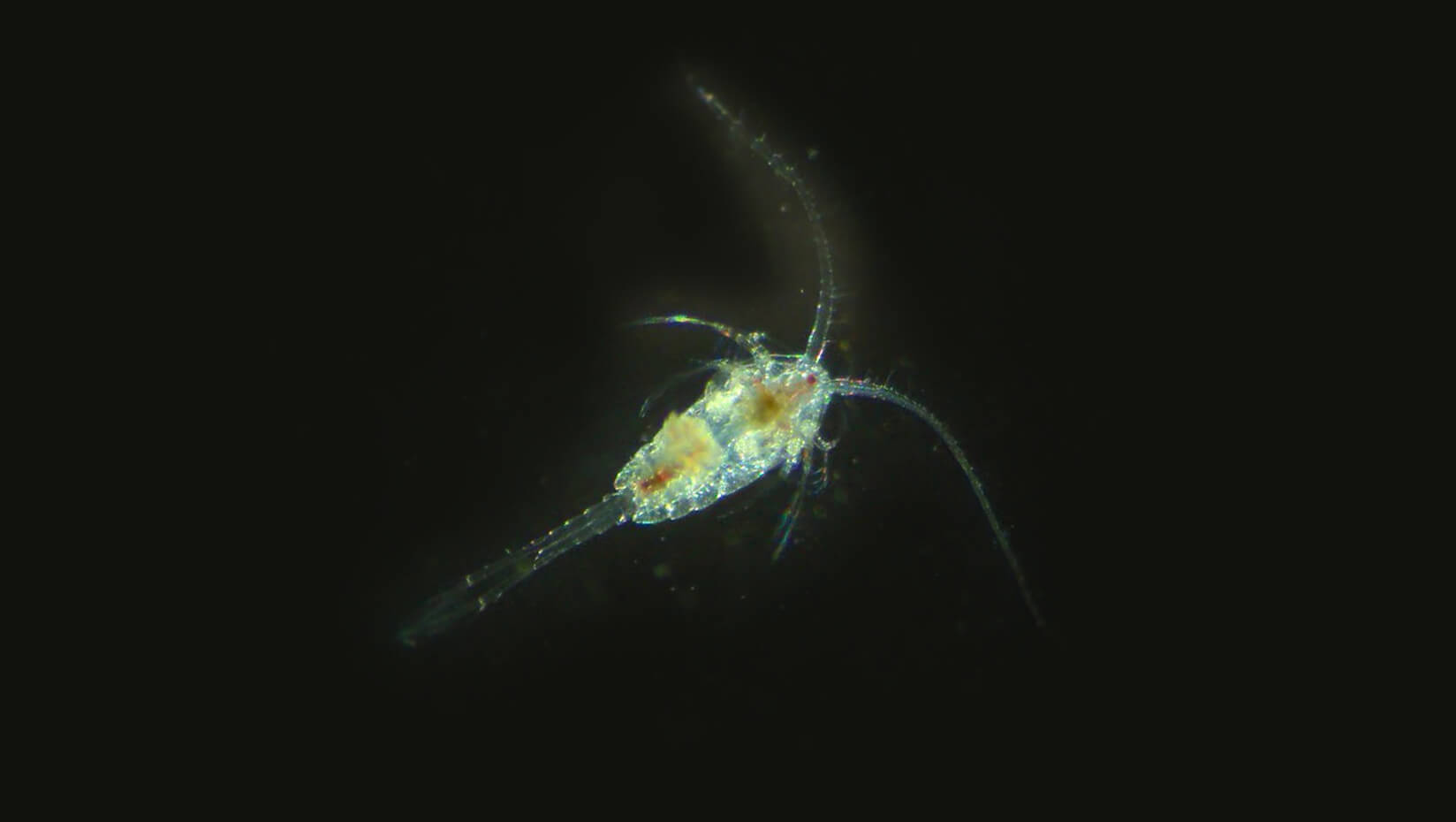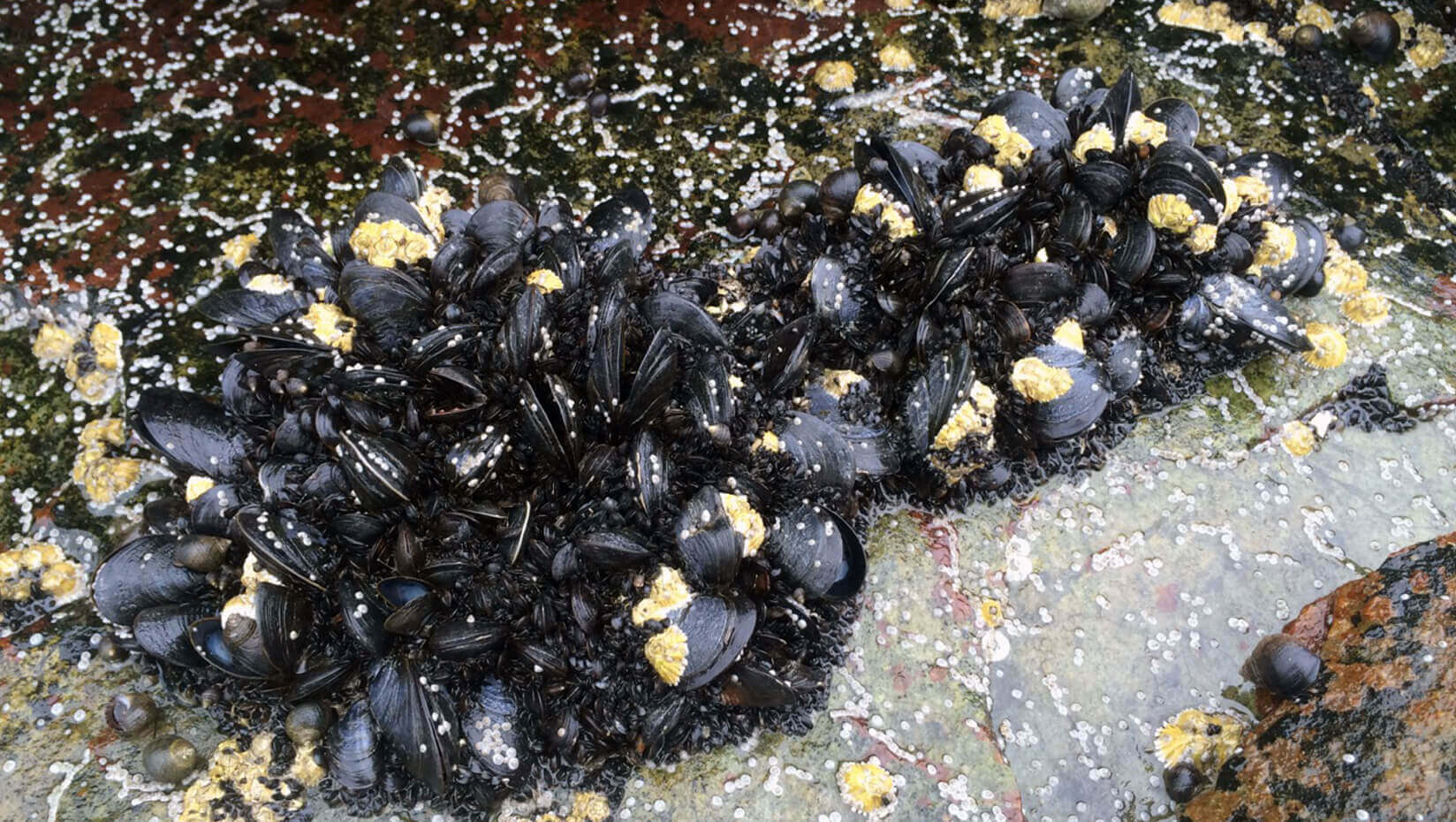Learn to illustrate natural science at DMC workshop
Register by June 1 for the Natural Science Illustration Workshop held July 11–15 at the University of Maine Darling Marine Center in Walpole. The workshop is for people who want to illustrate a natural history journal with sketches or watercolor, hone skills and talents to create scientifically accurate drawings, or plan to bring art and […]
Read more
